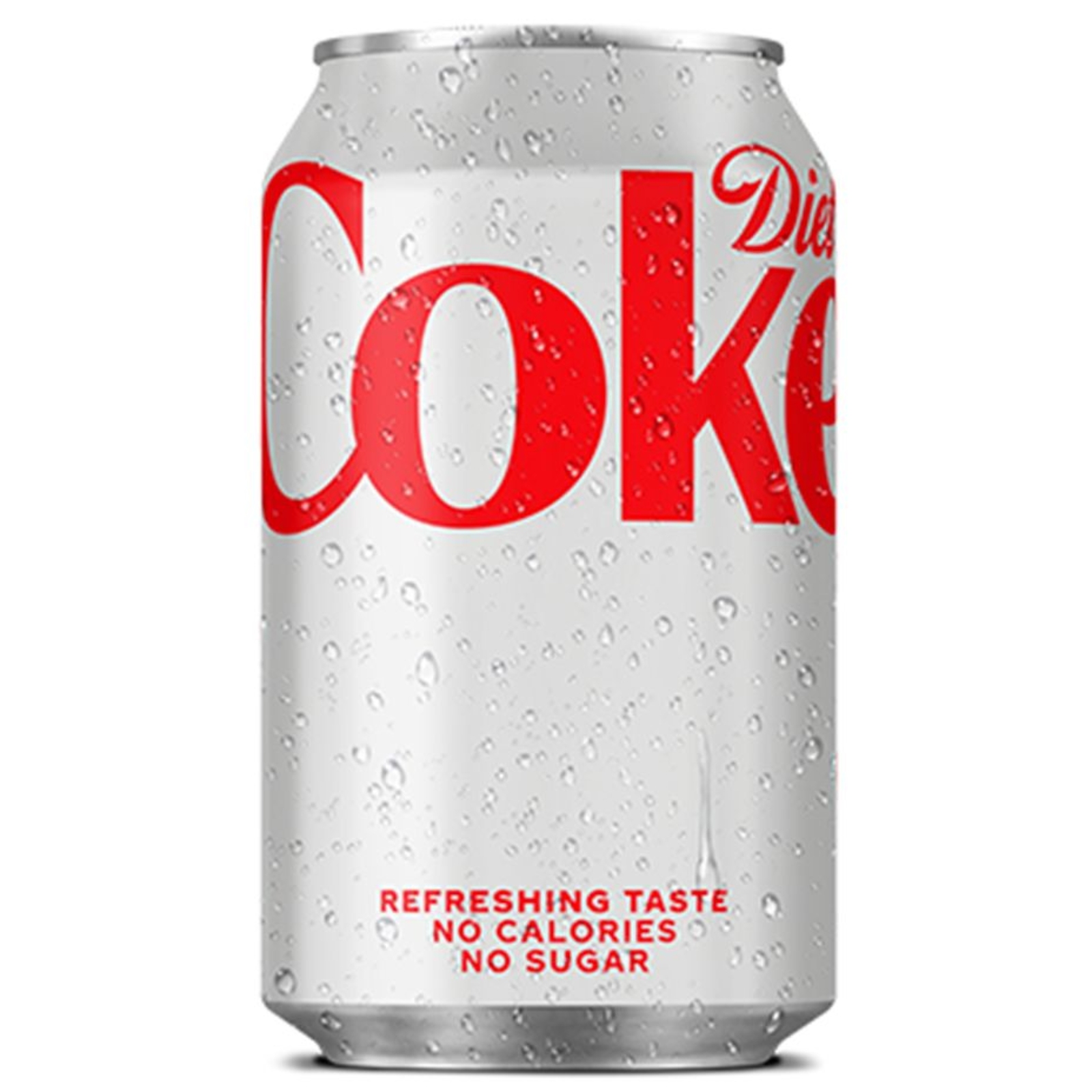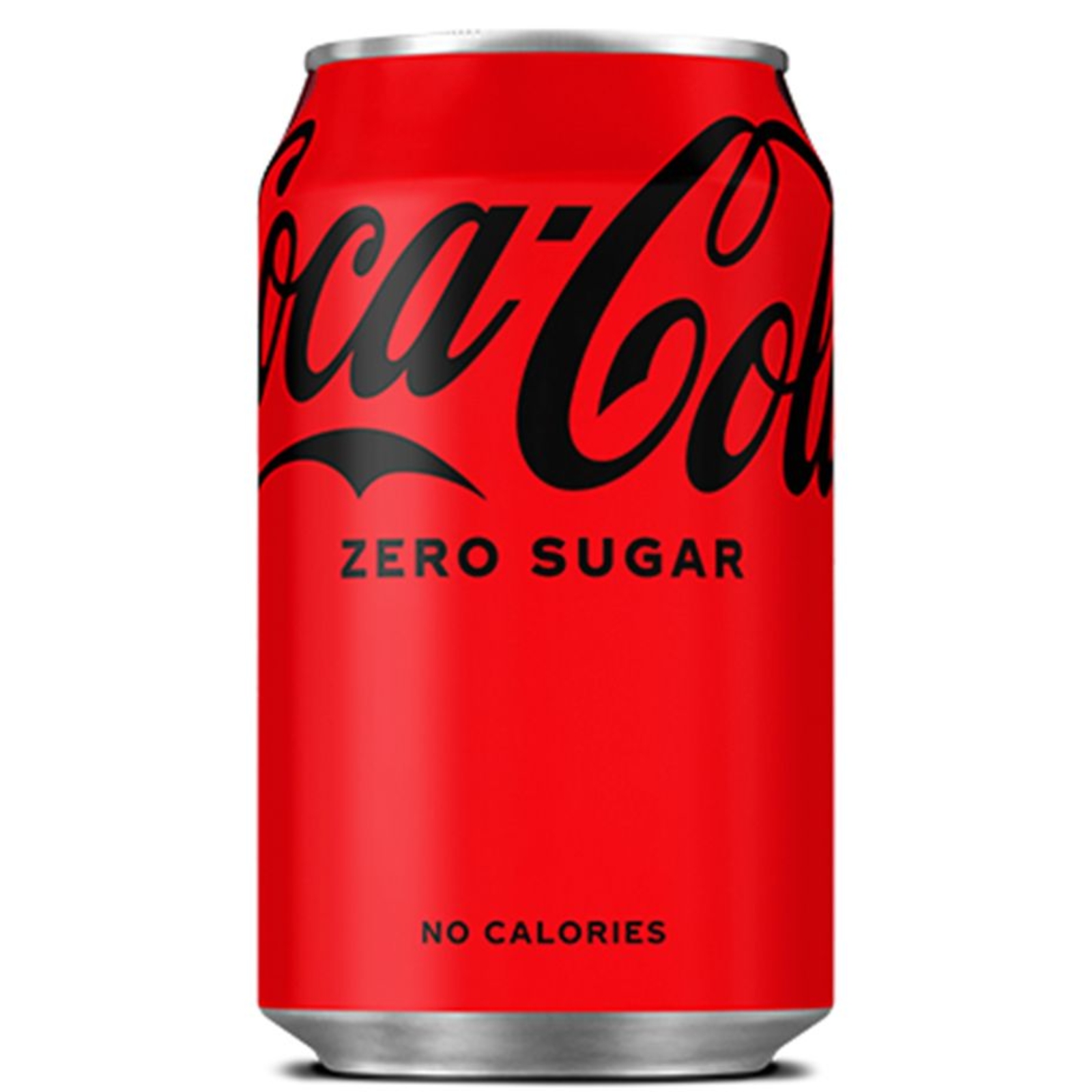With Diet Coke making headlines, we’re delivering fast facts on the popular brand’s zero-sugar sodas, as well as offering healthier alternatives
For many people, soda is an intrinsic part of celebrations. Whether it’s a cold Christmas evening or a hot summer day, our minds often think of drinking soda to refresh us. That’s why it’s a hard pill to swallow that soft drinks can be dangerous for our health. One critical review even concluded that drinking soft drinks can contribute to detrimental oral health and affect general health due to their high sugar content and acidity.
RELATED: Will Your High-Cholesterol Diet Result in Heart Disease?
Many studies report the same, stating that consuming soft drinks lead to an increased risk of medical problems like diabetes. Given that the problem with soda seems to stem from the high sugar content, many take this to mean that zero-sugar soft drinks are a healthier alternative, but that’s not exactly the case.
The problem with soft drinks

Some sources state that soft drinks have benefits, but the long-term effects seem to trump them. For one thing, studies show that the high acidic content of both regular and diet soda is associated with dental erosion. Though diet soda uses artificial sweeteners and is non-cariogenic as a result, it still has a high erosive potential.
RELATED: Fast Facts on Weight Loss Drugs
Besides weight gain, drinking soda also still runs the risk of kidney disease, type 2 diabetes, and even depression. And with Diet Coke making headlines for its possibly carcinogenic ingredient, we’re looking at this brand of soda more closely.


Photos: Coca-Cola
Notably, the only real difference between Diet Coke and Coca-Cola Zero Sugar is taste, so one is not healthier than the other. Both drinks are sugar-free and calorie-free, but contain the controversial aspartame, which is an artificial non-saccharide sweetener.
The risk aspartame poses
Over the years, researchers have investigated the link between artificial sweeteners and adverse health conditions, such as but not limited to obesity, lymphomas, and cancer. The carcinogenic risk of artificial sweeteners like aspartame and saccharine, in particular, have also been looked into, but the causal relationship of such in normal doses had never been outrightly proven. That’s why the U.S. Food and Drug Administration disagreed with the World Health Organization’s recent classification of aspartame as “possibly carcinogenic to humans.”

Current evidence according to the FDA does not suggest that aspartame is actually linked to cancer, making it safe to consume when used under the approved conditions. But whatever the case may be on that front, many researchers still agree that constant consumption of soft drinks, both regular and zero-sugar, is not beneficial since they contain little to no essential nutrients. Ultimately, it’s best to explore healthier alternatives to drinking soda.
Healthier alternatives
Nothing beats water, but if you’re looking for more flavor from your beverages, we suggest switching out soda with kombucha, a naturally fizzy drink. Go for the ones without excessive amounts of added sugar so you can simply enjoy its positive effects on your gut health.

RELATED: Do You Need to Go on a Juice Cleanse to Detoxify?
For caffeine-free drinks that’ll jumpstart your day, consider making chicory coffee, ginger turmeric shots, or golden milk. But if you’re not interested in making your own mixed drinks, try sparkling mineral water, seltzers without added sugar, and club soda. These three beverages will keep you hydrated and will have that carbonated kick to it that you may miss from a regular soda.
The post Fast Facts on Zero-Sugar Soft Drinks and Aspartame appeared first on MEGA.
Fast Facts on Zero-Sugar Soft Drinks and Aspartame
Source: Insta News Pinoy

0 Comments